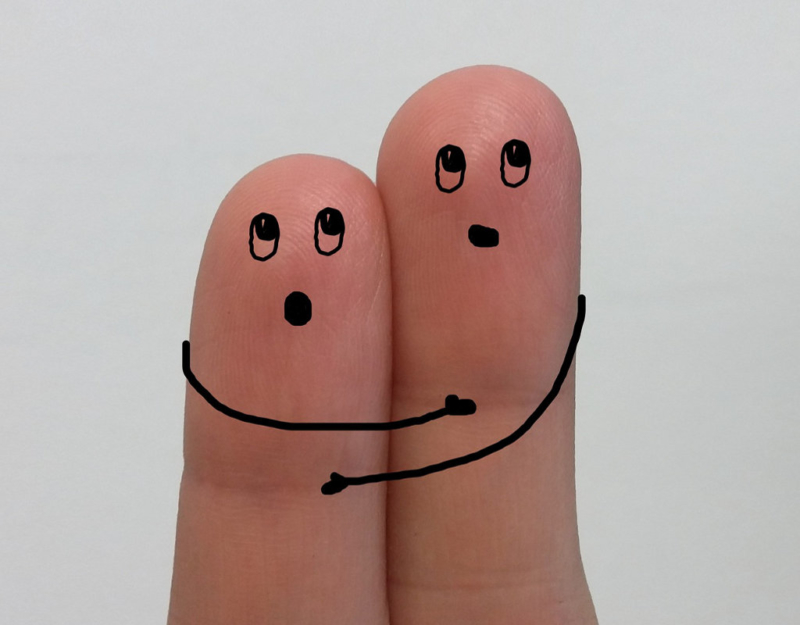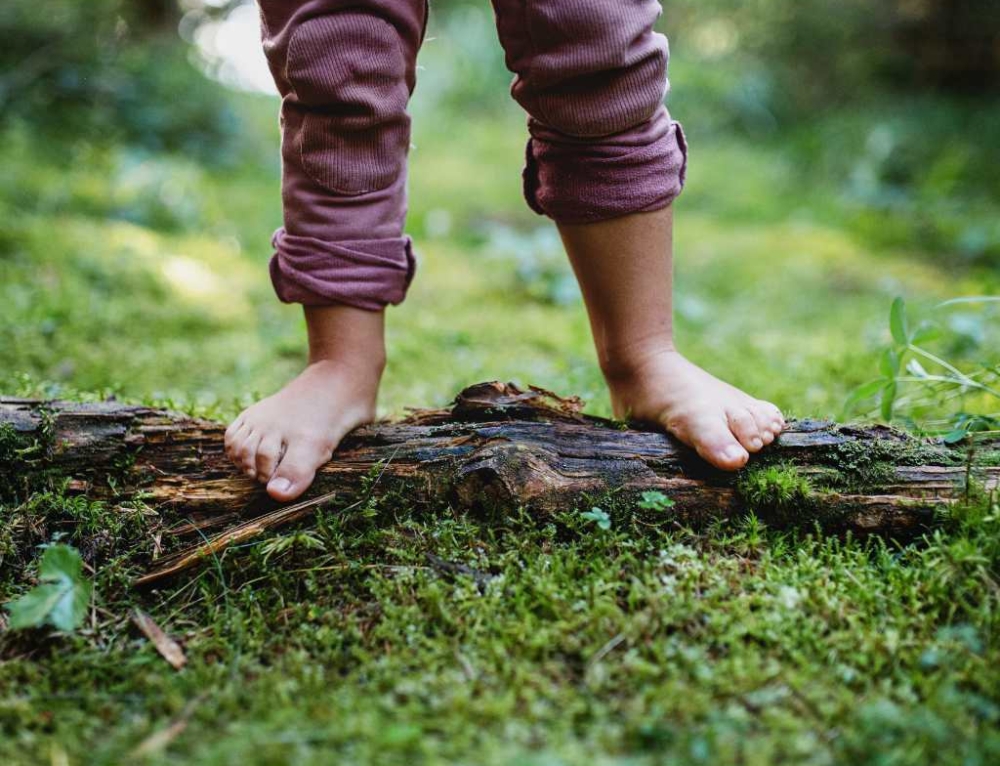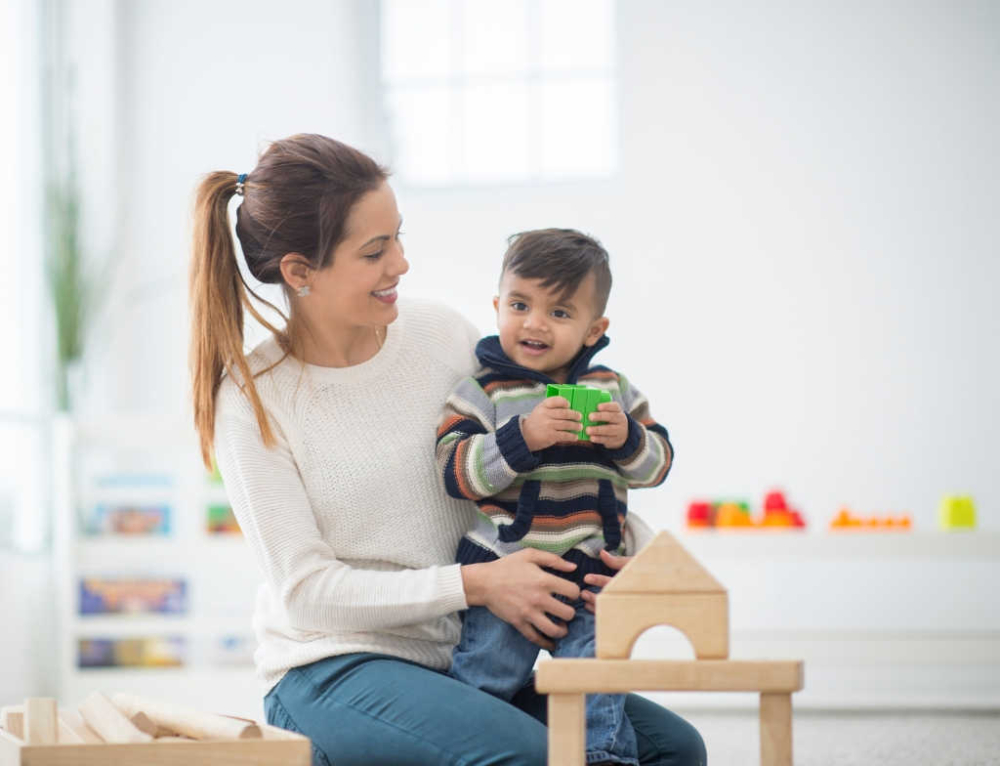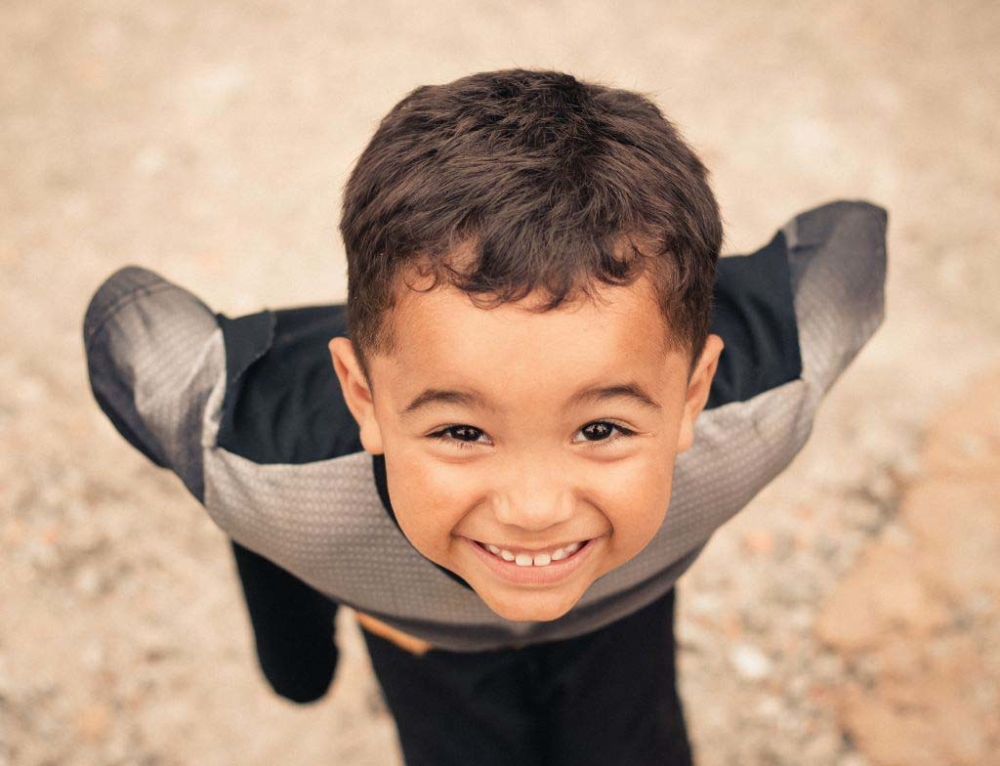Separation anxiety is a common and often challenging phase in a toddler’s development, as they begin to grapple with the complexities of independence and attachment. For many parents, navigating this emotional terrain can be just as daunting as it is for their little ones.
Understanding the roots of separation anxiety and implementing effective strategies can help ease the transition for both children and parents.
Separation anxiety in your child’s first year
Along with the blowing out of the candle on their very first birthday cake, you may find that your child will celebrate turning one by becoming teary and clingy when you try to leave them with another carer. And this someone else could be his beloved grandmother who they’ve seen every week for his entire life. While this sudden turn of events can be unsettling, separation anxiety is a perfectly normal part of childhood development.
How does separation anxiety develop?
Under 6 months:
- When your baby is a newborn, they will adapt to a range of caregivers quickly and easily.
- As long as their needs are being met, they will usually adjust well to other people.
- In the first few months, it’s more likely that you will be the one suffering from separation anxiety!
Between 4 and 7 months:
- Your baby will begin to understand that people and objects still exist even when he can’t see them – this is called object permanence.
- While he realises that you still exist when you’re not in his range of vision, he doesn’t have any concept of time and so can’t predict when you’ll return.
- At this age, a game of ‘Peekaboo’ is the best entertainment in the world.
Between 8 and 12 months:
- While your child is growing into an independent toddler, they may become unsure about being separated from you.
- Your child may become agitated and upset whenever you try to leave them.
- Regardless of where you’re going or who you’re leaving him with, they will cling to you and resist engaging with the other caregiver.
Separation anxiety in children
Separation anxiety can vary from child to child depending on your child’s temperament and how you respond to their anxiety. Left undealt with, in some circumstances, separation anxiety can last right through to secondary school. In older children, however, separation anxiety is usually a symptom of a deeper and more complex problem that needs to be investigated properly.
While you are the best judge of your child’s temperament, most 12-month-old children have learnt the gentle art of manipulation – if you continually drop everything to respond every time your child cries, or often change your plans to accommodate your child’s separation anxiety, your child will learn that their behaviour is a great strategy to avoid separating from you.
Older children with separation anxiety:
Children with separation anxiety disorder are afraid of separating from their families because of concern that something bad will happen (to you or them) while you’re separated. Consult your GP if:
- Your child is suffering from symptoms of panic (nausea, vomiting, or shortness of breath)
- Your child has a panic attack before you separate
- Your child has nightmares about separation
- Your child resists sleeping alone
- Your child is preoccupied by concerns of being kidnapped, getting lost, or being able to keep himself safe without a parent being present.
How can I cope with my child’s separation anxiety?
Dealing with a child who is experiencing separation anxiety is a complicated business. You may feel:
- Reassured that your child is strongly attached to you
- Frustrated that separating is so difficult
- Upset by your child’s obvious distress when you separate
- Overwhelmed by your child’s neediness
Time will usually ease your child’s separation anxiety – it is only with repeated experience that your child will come to understand that you always return after you leave. They will also develop some much-needed coping skills and independence, and in the meantime, you can be gratified that the bond between the two of you is so strong.
This article was written by Ella Walsh for Kidspot. Sources include SA Government’s Parenting and Child Health.
Read more on Kidspot:







My daughter was terrible at this and still to this day I know she has anxiety if she is away from me. I don’t know if that will ever change but all I can do is keep being there for her.
I remember these days well. My eldest in particular, about 6 months, right when I went back to work, and 18 months as well as around 2. I feel like it cycled every 6 months. Once they are older you can explain. I read Owl Babies to my kids to remind them mummy always comes back. Another thing I use to do was get up and leave for work before the kids were up! They didn’t miss me if I was sight-unseen.
This is a good article. It’s related to building resiliency. Sometimes it’s good to start out young to have small amounts of separation from each other like mom goes out of the house an hour at time for baby to get used to not having mom around and so forth. It helped with us when the time came my lil 3 started kindy…there were not much cries. But of course, it still depends on each child’s timeline.
I think we all have some form of spwration anxiety to a degree… Recently my partner and kids Dad split up after 13yrs…now that it’s just my boys and I I’ve noticed we’ve all had a separation anxiety from one another which I know is completely normal and properly a bit of anxiety as well. My youngest is 3 and half and of all 3 he went through the “worse” separation anxiety starting kinda of them all… He still has days where he just doesn’t want me to go and deff not a “hahaha got you mum” trick but we’ve learnt a few tips and tricks along the way and it getting better… As long as I keep as much normal in his life as I can
This is really hard with all my children they were like this when they went to day care they hated it to start with and would cry which made it worse, but once settled it made it a bit better. My youngest still has a bit of this his doesn’t want to leave me sometimes. I remember around 6 months was always the worst they just want to be with there mum.
Gosh, I had this with my now 5 year old when I went back to work when she was 6 months old, hated it! My partner was and still is stay at home Dad to her (he got a bit of anxiety having to be the main carer also as it was his first time!). It was not great, but we coped. Then we had to go through it again when she went to kindy (we only sent her when she was 3 and only 9 hours a week 🙂 and again when she went to school!! She was fine it’s the parents they do it hard!! 🙂